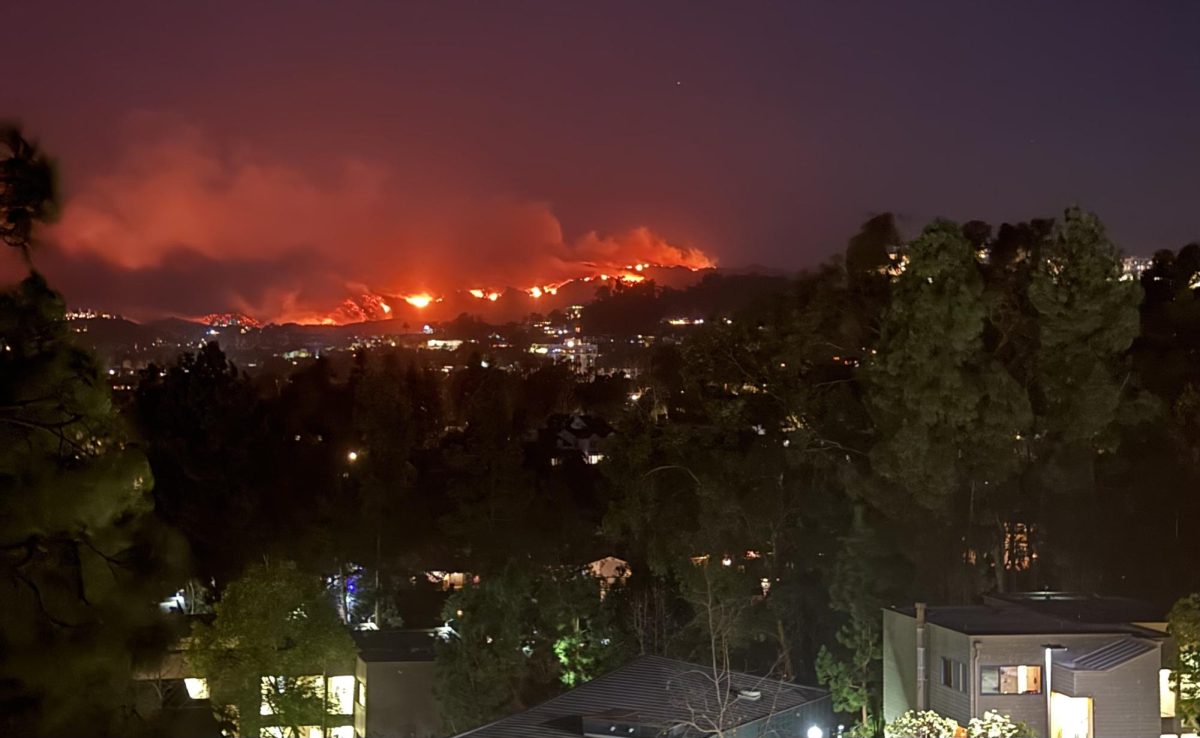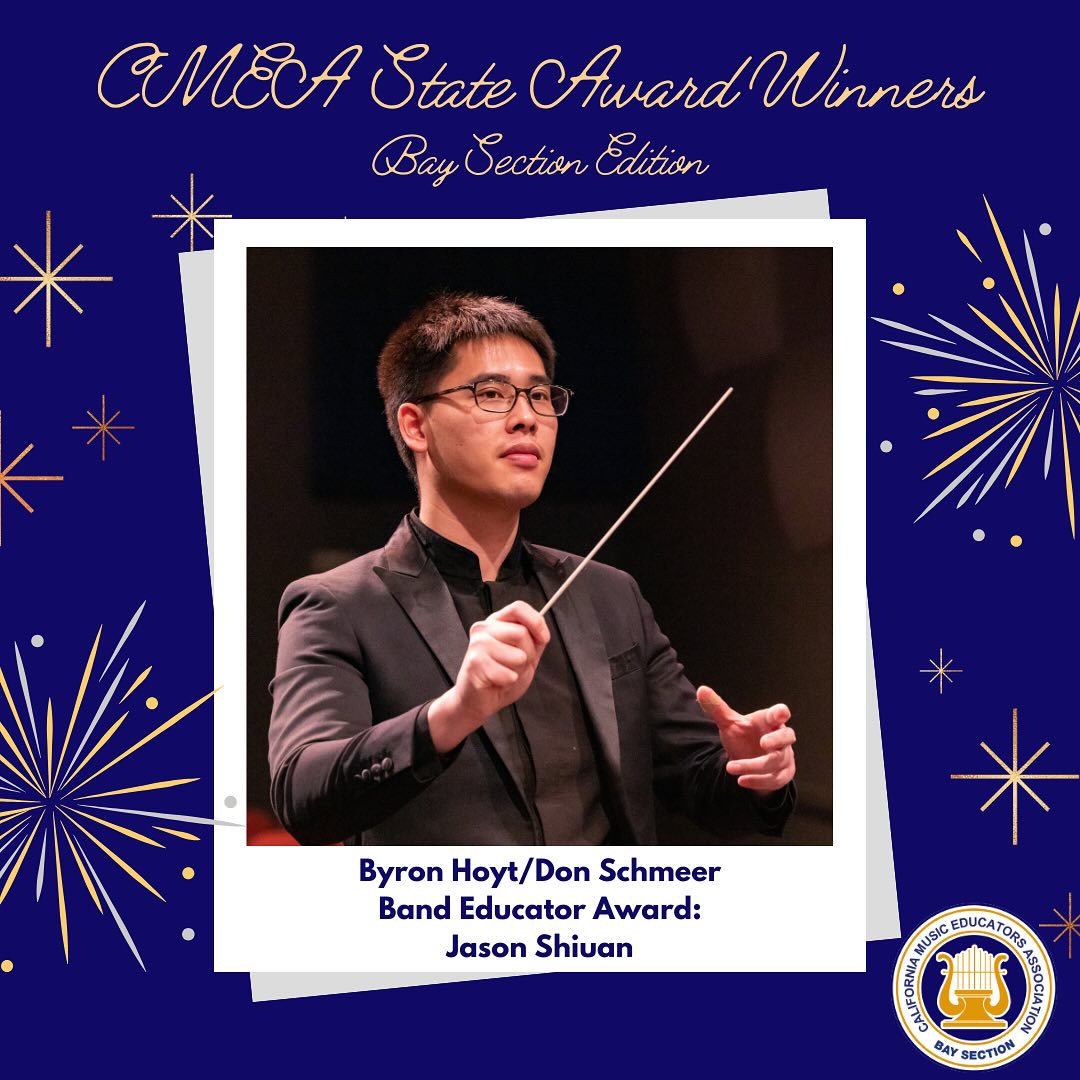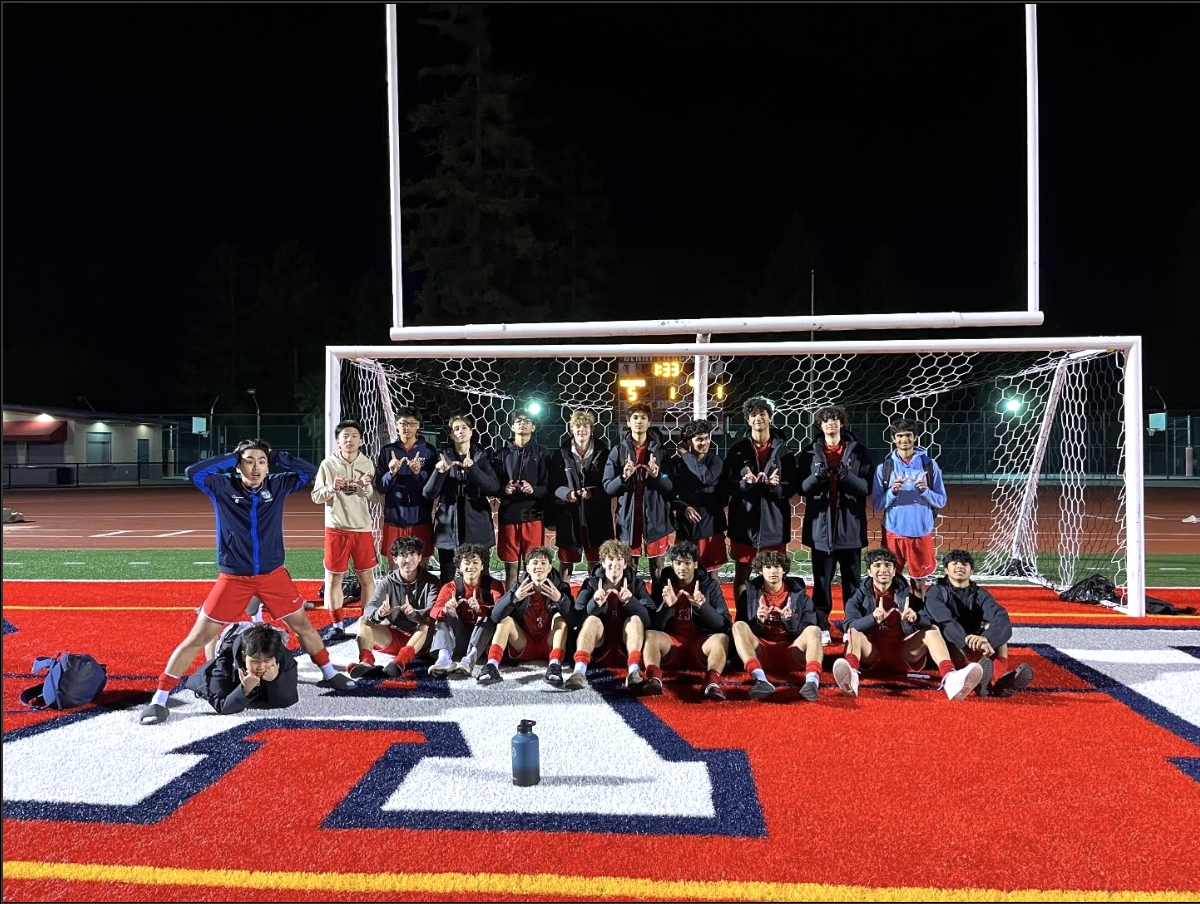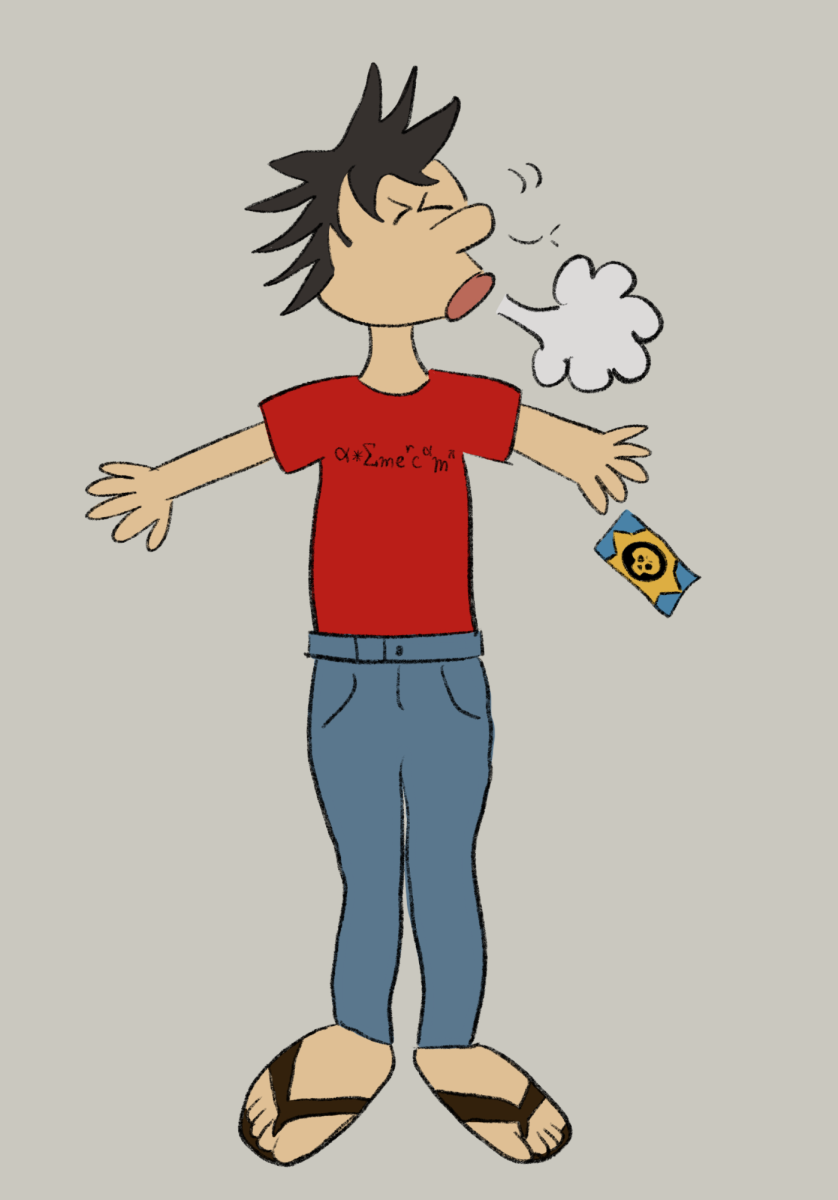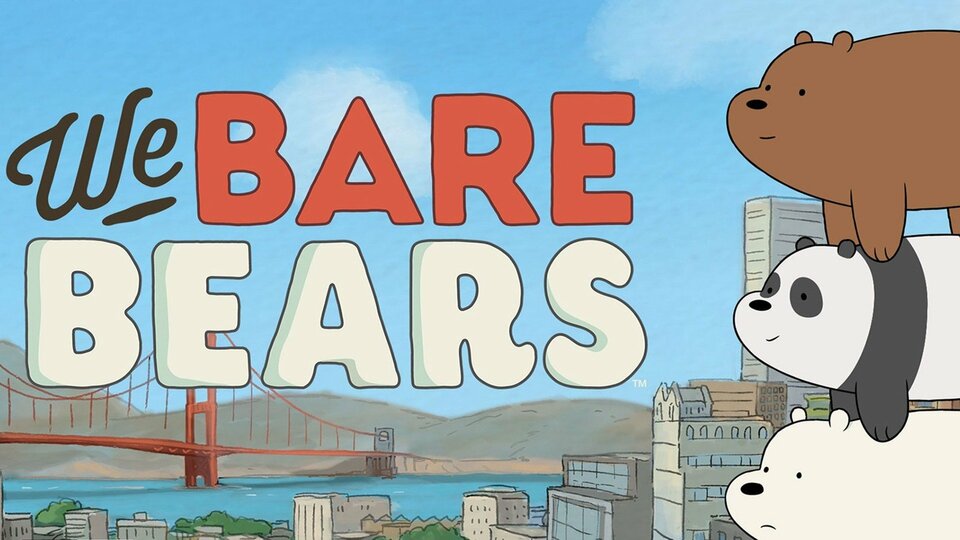The 2015 romantic comedy “Aloha” follows the love story of an Air Force liaison and fighter pilot named Allison Ng and military contractor Brian Gilcrest. Together, the pair is on a mission to negotiate a military deal with natives in Oahu, Hawaii.
But the rom-com’s success was short-lived.
Controversy ensued soon after its release over director Cameron Crowe’s decision to cast Emma Stone, a white actress, as Asian-Hawaiian character Ng. While the character of Ng is one-quarter Chinese and one-quarter Hawaiian, Stone has obvious Anglo-Saxon features, such as light hair and green eyes.
“Aloha” is evidence that racial misrepresentation hasn’t disappeared from the Hollywood industry.
“I have heard your words and disappointment, and I offer you a heartfelt apology to all who felt this was an odd or misguided casting choice,” Crowe wrote on his blog following the release of the film.
If any good has come out of the “Aloha” casting controversy, it’s that greater awareness of whitewashing has been spread to the public.
Stone’s reaction wasn’t positive about the controversy either, expressing that she regrets letting herself be miscast, but feels that she has been exposed to the truth of whitewashing.
“I’ve learned on a macro level about the insane history of whitewashing in Hollywood and how prevalent the problem truly is,” Stone said in an interview with Australian news outlet News.com. “It’s ignited a conversation that’s very important,”
The “Aloha” controversy is unnervingly similar to that of the 1961 film “Breakfast at Tiffany’s,” produced well over a decade before the height of the Civil Rights Movement. Mickey Rooney, a white actor, portrayed a Japanese character named Mr. Yunioshi and used heavy makeup for a slant-eyed look and a mouth prosthetic to simulate buckteeth.
This nearly 50-year-old film received little to no backlash in its day, likely due to a smaller Asian American community and overall less racial and cultural awareness. On the other hand, “Aloha” contains traces of whitewashing far too similar to those in old movies.
But for all of the poor judgment displayed in “Aloha,” Crowe’s apology suggests that members of Hollywood are finally addressing the issue of whitewashing. Even though “Aloha” was produced in 2015 and we expect Hollywood to be past such blatant insensitivity, it’s a step forward that influential figures in Hollywood are acknowledging racial misrepresentation.

